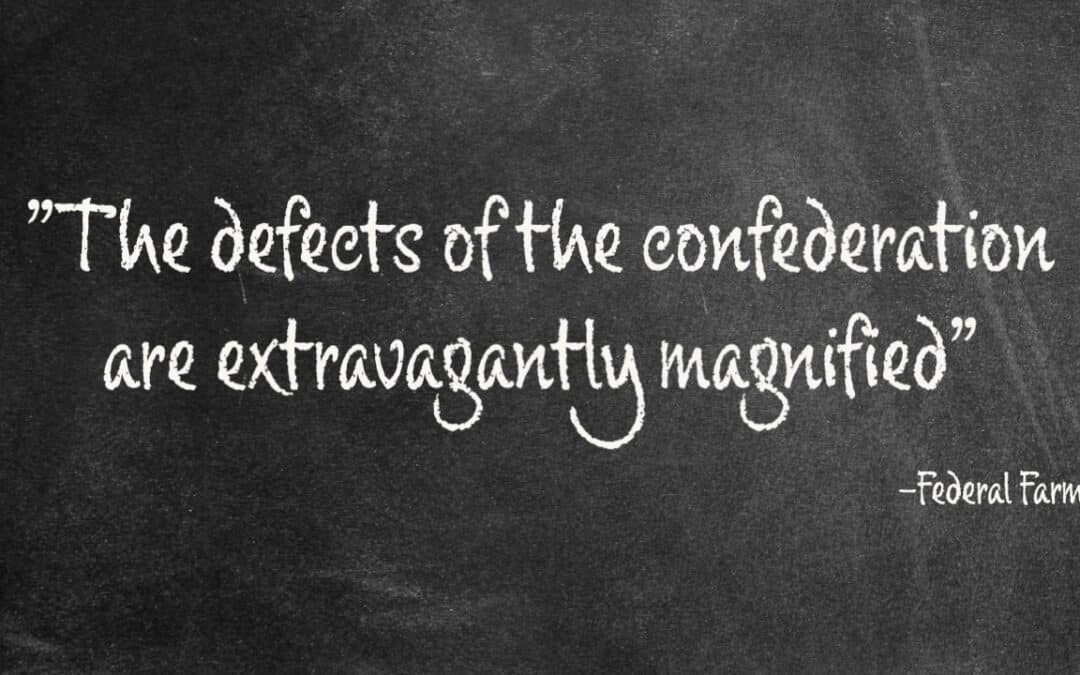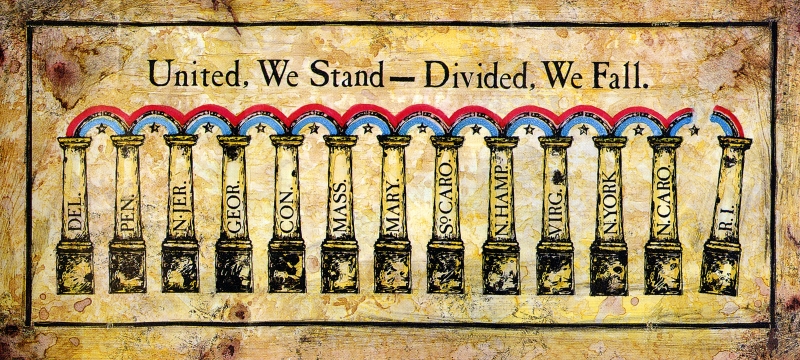
Ratification


Federal Farmer: A Confederated Republic or Consolidation?
During the Constitution’s ratification process, there was little to no debate about the type of government desired. Whether antifederalist or federalist, both sides fundamentally advocated for a federal republic with a general government exercising expressly delegated...
The Nature of the Federal Government
We have flipped the American constitutional system on its head. It operates exactly the opposite of how the supporters of the Constitution said it would. So, what type of government did the Constitution create? Is it powerful or weak? Is it expansive or limited? How...
The Virginia Ratifying Convention and the Birth of the Tenth Amendment
The modern debate over the meaning of the Constitution often devolves into a dueling opinions between legal experts and judges. But the true meaning of the document and the kind of government it created isn’t found in Supreme Court decrees or through interpretation...
